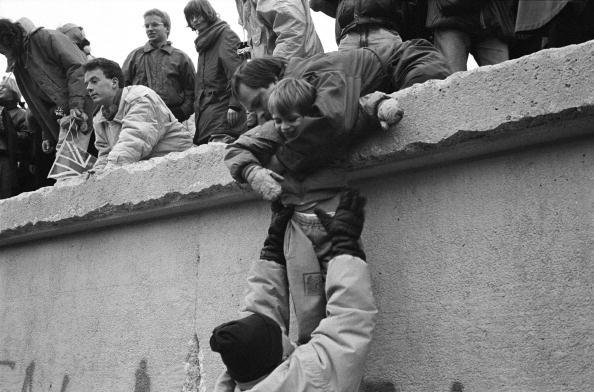Public opinion polls over the last year show that over 50 percent of millennials—those born between 1981 and 1996—have a positive view of socialism compared to a market-based economic system and society. The polls also suggest that when pressed to explain what they mean by “socialism,” these young respondents have nothing but a vague view of a government that “takes care of people” and provides “free stuff.”
This is what happens when a new generation does not know the reality of recent history.


